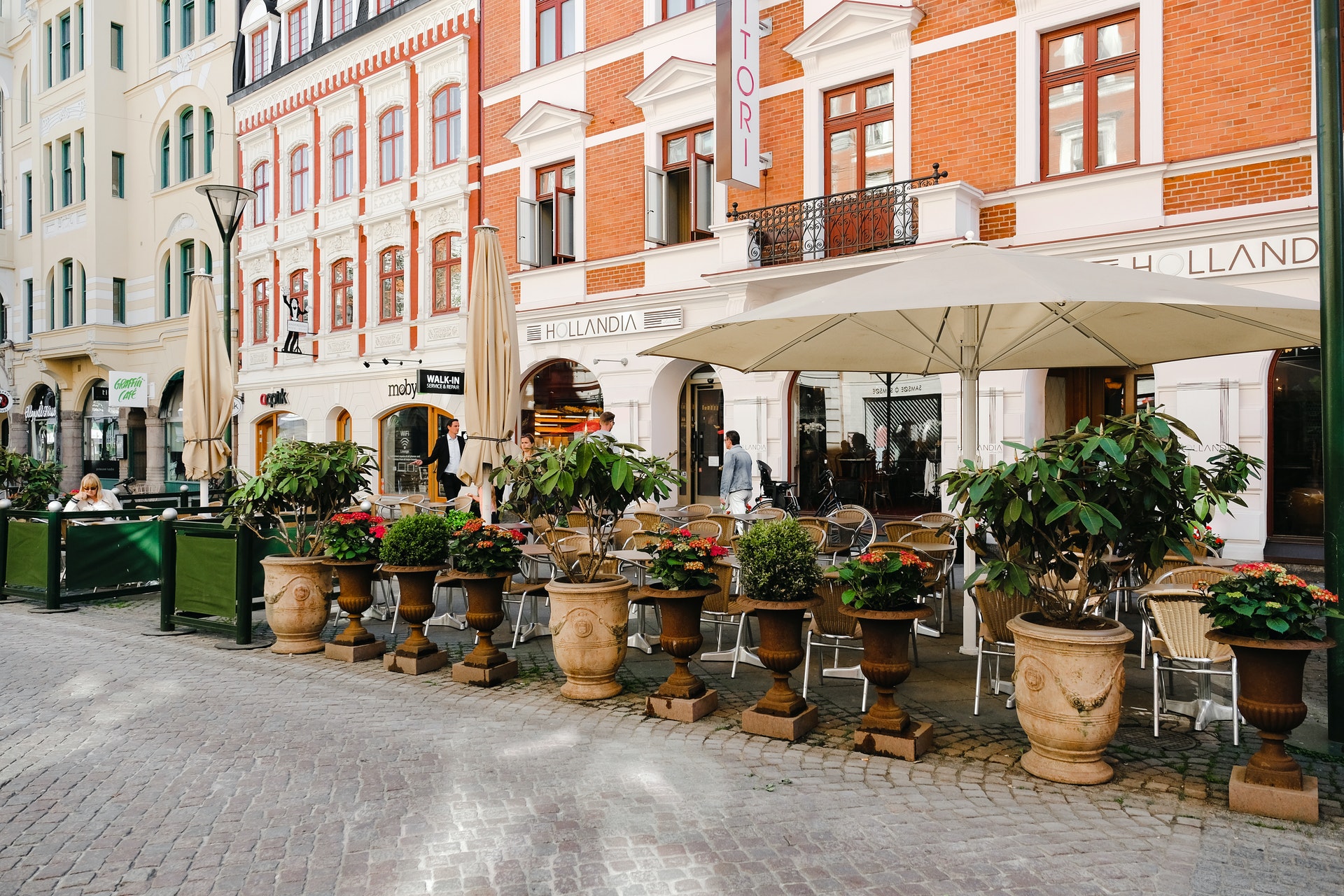What are the levels of schooling Dutch receive?
- Day Care or Pre-School
Children under the age of 4 all the way to infants often attend daycare or educational options that are not required by law. This option is best for working parents who want their kids to be properly cared for while they are working. It is also a good option for parents who feel like their children may benefit from learning outside of the home environment while they are young.
- Primary School
Primary school, which is often called elementary school in other countries, has 8 groups and children ages 4-12 attend this school. Legally, children do not have to attend school until they are five years old, but a majority of students start school in Group 1 at age 4.
During primary school, children gain basic knowledge in areas such as: reading, writing, and math. They also begin studying English to better increase their chances at employment later in life. After the age of 12, children move onto the next round of schooling.
- Secondary School
Students start secondary school at the age of 12. In other countries this is often referred to as middle school. What makes secondary school unique in the Netherlands is the fact that there are several different paths students can pursue.
The first path (VMBO) allows to students to participate in vocational education. This path has two different qualification levels and lasts four years. Students typically complete this by the age of 16.
The second path, HAVO, is a program that provides general studies education. This program prepares students to receive a Bachelor’s degree I applied sciences. This program is a five-year commitment, and students complete it around the age of 17.
The third path to choose from is preparatory education (VWO). This is the most intense program and lasts the longest at six years. The goal of this program is to prepare students to receive a bachelor’s degree at a research university. Research universities provide more challenging education that focuses on specific subjects rather than a broader range of subjects.
Needless to say, education in the Netherlands does an excellent job of preparing students for success. The fact that they offer several options in secondary school proves that they value that not everyone will want to go down the same path, and that every experience is important.
Even though there are some differences in the Dutch schooling system compared to the schooling system in other countries, there are also a lot of similarities. It also shows that it does not matter how students are taught, as long as they are given the opportunity to succeed.



